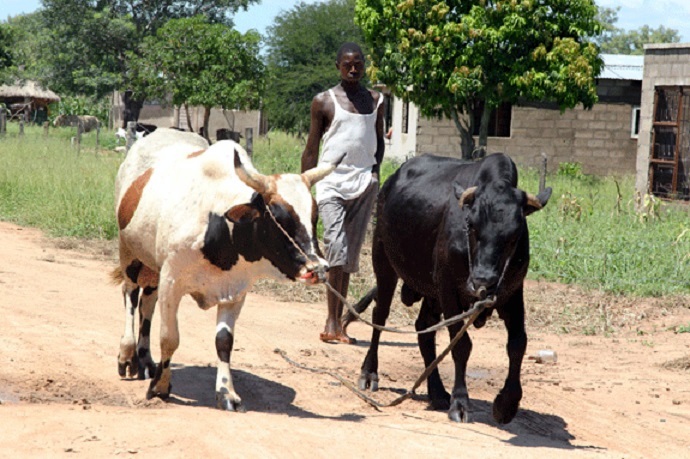Mozambique: Government expects almost 100 tonnes of coffee production this year
Rural work to have its own regulatory framework

Notícias (File photo)
rkforces in rural occupation such as agriculture and herding are to be subject to regulation, and partners of the Consultative Labour Commission (CCT) including private sector representatives, workers and the government are already working on a document to be submitted to cabinet for approval.
The above-mentioned partners have decided to mount a survey on the situation, identifying the most common cases and the sector’s specifics, the better to design as comprehensive a legal provision as possible. The survey will take place during the coming months and the CCT will share all data they collect.
CCT General Secretary Joao Loforte explained that rural work is covered by labour law but it lacks a legal instrument to enforce it.
Victor Miguel, who spoke on behalf of employers, said that examining the picture in detail was a good start.
“We hope to have preliminary data on the magnitude of the situation this year,” he said the businessman, adding that the rural work does not differ much from the port labour as it is mainly seasonal.
A similar position was adopted by the representative of Mozambique Workers’ Organisation – Trade Union Confederation (OTM-CS), Damiao Simango, who congratulated the parties on agreeing on the need to regulate rural labour.
The basis of the undertaking is the fact that a large part of the population of Mozambican lives in rural areas and earns its living through agriculture, grazing and other activities related to the land such as producing firewood and charcoal.
The CCT also in this session approved a proposal regulating the hiring of workers in dockyards. The document has the backing of the commission, and will be submitted to the Council of Ministers in September for consideration and approval.












Leave a Reply
Be the First to Comment!
You must be logged in to post a comment.
You must be logged in to post a comment.